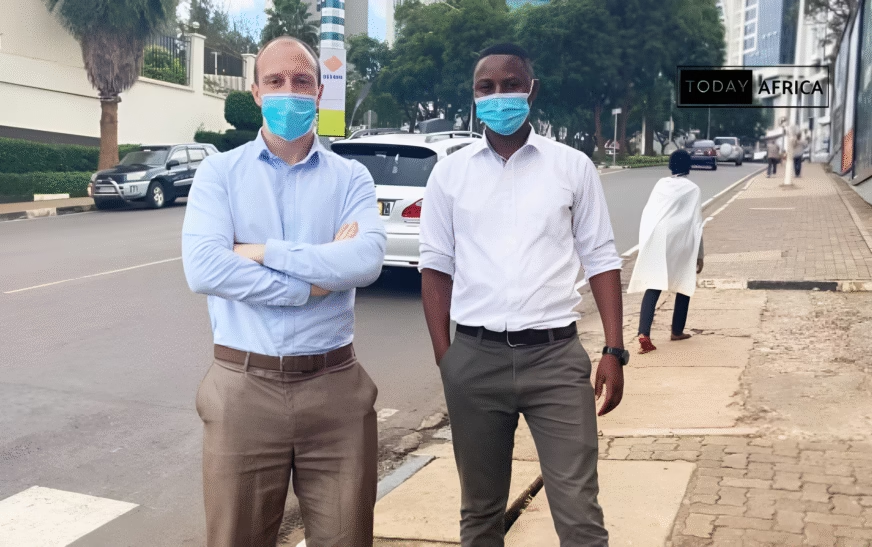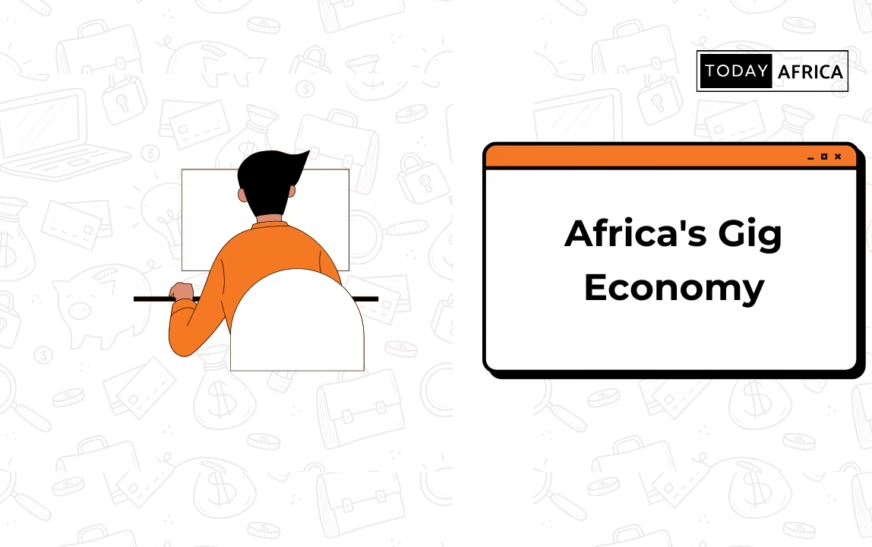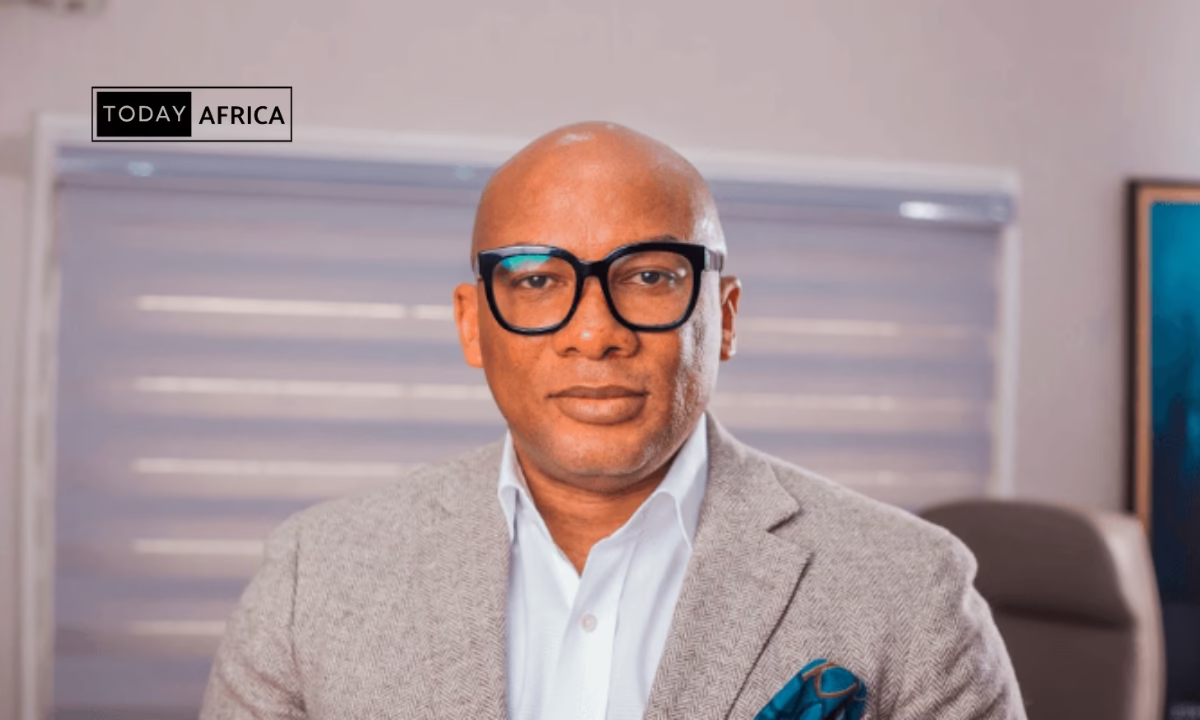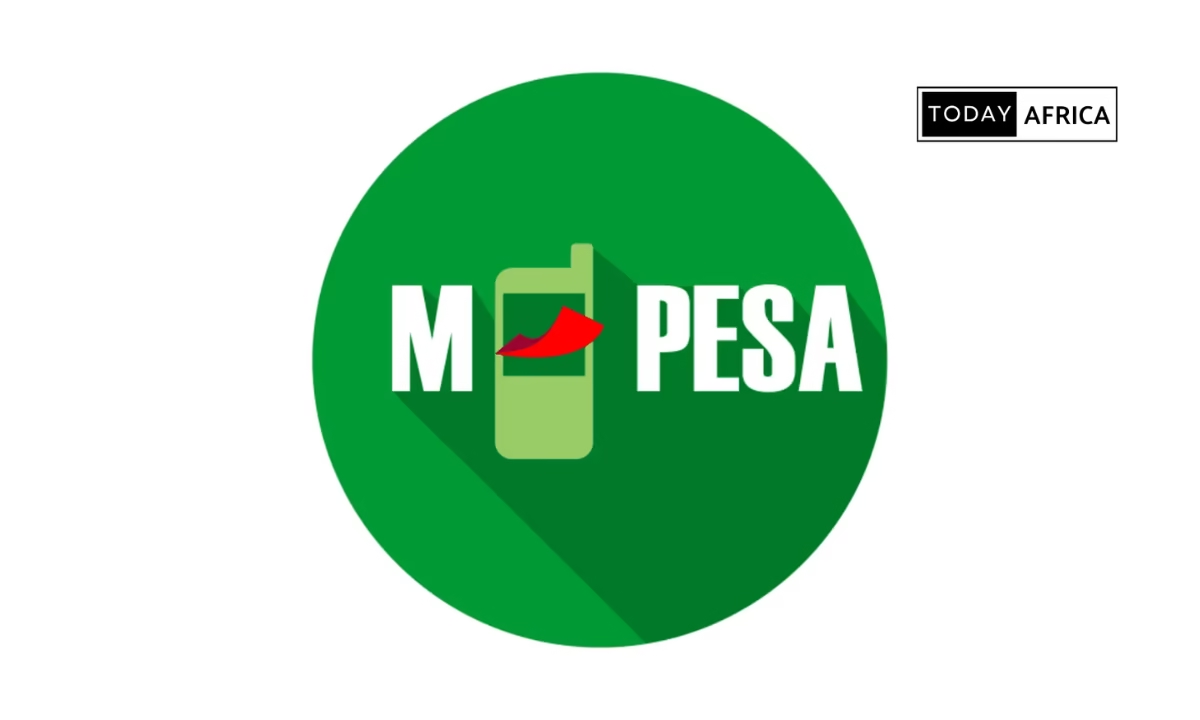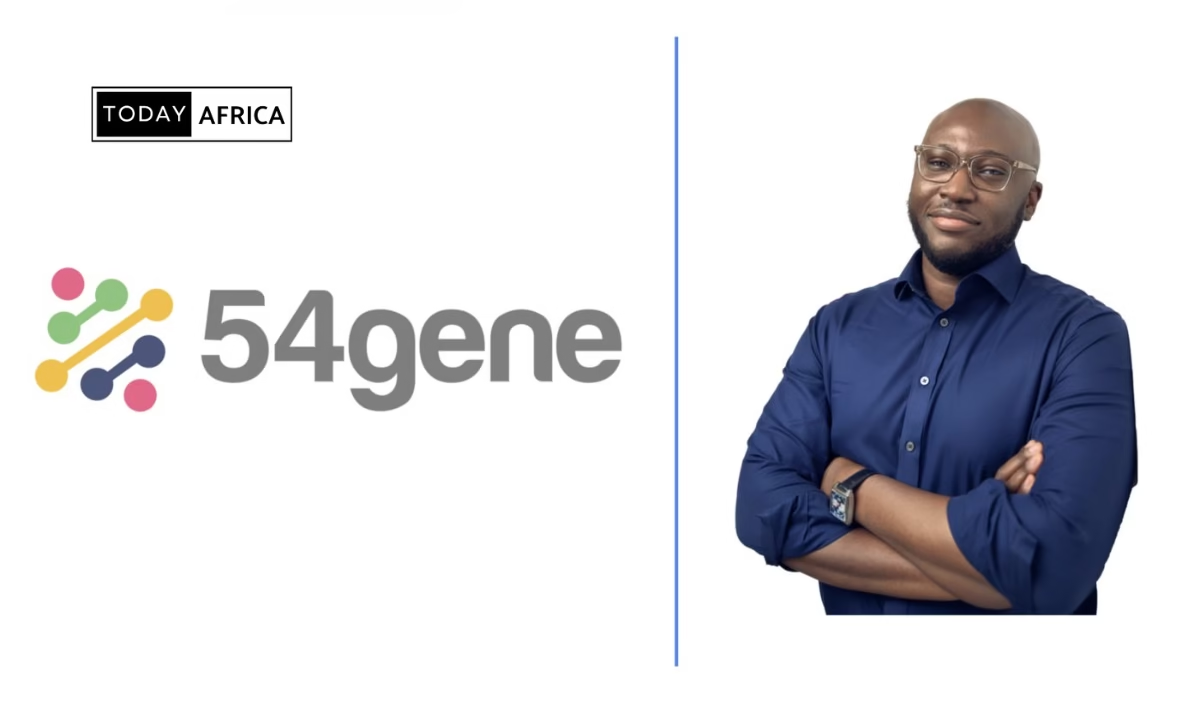In Africa, where infrastructure is patchy, procurement is opaque, and logistics are risky, a handful of companies are rewiring the system from the inside.
One of such companies is VIEBEG Medical, a Rwandan-born startup that has aimed at one of the continent’s most persistent bottlenecks: the medical supply chain.
What makes VIEBEG worth watching isn’t just that it sources and delivers consumables or equipment, but that it adds a layer of data intelligence, financing, and logistics infrastructure to the basic problem of “goods reaching clinics when they’re needed.”
This inside VIEBEG Medical’s journey traces the founding story, their funding journey, strategic moves, societal impact, challenges, and lessons learned.
Disclaimer: Based on publicly available information as of November 2025 from Africa Private Equity News, Save the Children, How we made it in Africa, EBCR, Johnson&Johnson, and Ouut Africa.
Founding story of VIEBEG Medical
VIEBEG Medical was founded in 2018 in Kigali, Rwanda, at a moment when the country was increasingly casting itself as a gateway for African tech innovation.
Rwanda, after the devastation of the genocide in 1994, embarked on a long process of rebuilding, including its healthcare and technology sectors, and by the mid-2010s was actively encouraging startups, digital infrastructure and public-private collaboration.
Its relatively stable politics, a small but motivated market, and an openness to innovation made it a plausible launch pad for a health-tech supply-chain company.
At the same time, many clinics across sub-Saharan Africa were still struggling with a lack of data, frequent stock-outs of critical supplies or equipment, and inefficient procurement systems.
Reports had long flagged how uneven distribution of medical resources and unpredictable logistics severely impaired care delivery.
People behind the vision
The founders are Tobias Reiter (CEO) and Alex Musyoka (Chief Commercial Officer).
According to public sources, Reiter had prior experience building AI-driven platforms; Musyoka brought sales and operations experience in medical supply contexts (e.g., East Africa’s Crown Healthcare) before co-founding VIEBEG.
Their personal motivation appears to have stemmed from a recognition of waste, inefficiency and unmet demand in healthcare supply. One quote:
“Many medical facilities did not have the right supplies; and also … in Africa, in every five minutes, people are dying from conditions that could be prevented if we had the right medical supplies.” — Reiter.
From that insight emerged the idea of a data-driven procurement platform to link healthcare facilities (hospitals, clinics, pharmacies) with suppliers, manufacturers, financing and logistics in a more transparent, efficient way.
Core problem they aimed to solve
The issue was multi-layered:
- Healthcare providers in many parts of East and Central Africa were chronically under-supplied, equipment breakdowns went unrepaired, consumables ran out, procurement was fragmented and expensive.
- The supply chain itself was inefficient: many middle-men, manual ordering processes, poor forecasting, opaque pricing, delayed customs/warehousing logistics.
- Lack of data: providers often had little real-time insight into what they needed or when; suppliers had limited visibility into demand and risk; financing for equipment was hard to secure because the risk models were weak.
- The result: higher cost to providers, frequent stock-outs, idle equipment, delayed care, worse outcomes.
VIEBEG aimed at this by building a platform that not only supplies but anticipates demand, aggregates procurement for better pricing, provides accessible financing, and uses AI/data-analytics to optimise supply chain decisions.
Early phase: from idea to operation
In its early days, VIEBEG focused on proving the concept:
- Setting up relationships with hospitals and clinics in Rwanda. For example, a case noted in AllAfrica: a clinic acquired a new anesthesia machine via VIEBEG under special payment terms, enabling continuity of critical care.
- Validating that margin savings were real: reports suggest VIEBEG achieved cost-savings of up to 40% for clients by eliminating middle-men, matching demand smarter and importing direct.
- Securing early funding: e.g., in November 2021, VIEBEG raised US$1 m from the Rwanda Innovation Fund (RIF) managed by Angaza Capital.
- Building the technology stack: they launched the procurement platform “VieProcure” and developed what they call a Health Demand Simulation Model (HDSM) to forecast demand, profitability, provider risk/credit-worthiness, etc.
Key turning points
- Expanding beyond Rwanda into Kenya and DRC, which demanded logistical and regulatory scaling.
- Signing major partnerships, for example with the Bank of Kigali in 2024 to provide financing solutions to private healthcare providers via VIEBEG’s supply chain and bank financing combo.
- Building credibility as a data/AI driven business, which allowed sourcing financing, piloting predictive forecasts and integrating inventory/asset-lifecycle management.
Over time the company evolved from a logistics/-tech start-up into a regional health-tech supply-chain platform: combining procurement, financing, analytics, distribution, aftermarket servicing.
Read Also: Inside Twiga Foods’ Journey: From Rural Farms to Cities
Funding history & investors
Chronological breakdown of VIEBEG’s major funding rounds and how they fed growth. (Some details publicly available; others inferred.)
| Year | Round/investor(s) | Approx amount | Purpose & context |
|---|---|---|---|
| 2018 | Company founded. | — | Boot-strapping and proof of concept launch in Rwanda. |
| 2021 (Nov) | Investment from Rwanda Innovation Fund (RIF) / Angaza Capital | Approx US$1 m | To scale platform, build out procurement system, expand operations. |
| 2022-23 | Seed / impact funding from firms including Beyond Capital Ventures, Founders Factory Africa, Global Ventures, Norrsken etc. | “More than US$2.5 m” estimated | Expand regionally, build HDSM, refine tech, scale supply & logistics. |
| 2023 (Dec) | Strategic investment from Johnson & Johnson Impact Ventures and Sanofi Global Health Unit Impact Fund | Impact investment (size unspecified) | Fuel further expansion, increase number of providers served (1000+), deepen analytics and financing capability. |
| 2024 | Financing partnership (not pure equity) with Bank of Kigali for equipment financing to clinics. | — | Provide debt/financing product to healthcare providers via VIEBEG’s supply network. |
Purpose and impact of each round
- The initial investment helped validate the model in Rwanda, build procurement infrastructure, overcome early operational and logistics barriers.
- The mid-seed/impact funding allowed them to scale regionally (Kenya, DRC), build the data/AI layer (HDSM), integrate financing, and recruit talent (tech, logistics, sales).
- The J&J/Sanofi investment signalled confidence from large global health players. It gave VIEBEG both capital and legitimacy, which likely improved access to manufacturing, supply, and financing. According to their announcement, “Since its launch, VIEBEG has successfully helped over 500 health providers with care to more than 900,000 patients.”
- The partnership with Bank of Kigali in 2024 moves the model towards embedded financing, enabling clinics to acquire equipment with financing terms (up to 5 years) and no collateral, where VIEBEG verifies capacity. This supports deeper penetration into smaller clinics and private providers.

Investment climate/context
Rwanda has been aggressively pursuing innovation and private-sector growth. Funds like the Rwanda Innovation Fund (RIF) encourage health-tech and digital solutions.
The broader East African startup scene has matured, but healthtech remains high-risk: long sales cycles, regulatory burden, logistics complexity.
VIEBEG fits into that space by addressing a thorny infrastructure problem (medical supply) which is large in size, high in public-good value, and where data/technology can meaningfully reduce cost and risk.
Thus VIEBEG’s ability to attract early impact investors and global health funds is significant, it suggests the market perceived potential for scale, measurable outcomes (cost-savings, stock-out reduction), and technology leverage.
Related story: Inside Wave’s Journey: Francophone Africa’s First Unicorn
Strategies fueling growth
What exactly has VIEBEG done to grow from an early idea into a regional player? Here are a set of strategic levers that appear to have been central.
1. AI-driven analytics & demand forecasting
One of VIEBEG’s differentiators is the Health Demand Simulation Model (HDSM) and its procurement platform “VieProcure”.
Through these, the company attempts to model: current equipment & supply availability in a region; demand (demographic, epidemiological, infrastructure); profitability for a clinic of particular equipment; and credit risk of a buyer.
This means VIEBEG isn’t just “sell medical supplies”, but “anticipate what clinics will need where and when” and thereby reduce wastage, stockout, oversupply, and idle equipment.
For example, they claim to help providers use data-driven investment decisions and finance equipment with accurate assessments of risk.
That analytics backbone helps them build trust with buyers (they’re not just a supplier) and also lenders (financing equipment involves risk). It also gives them pricing/volume leverage (aggregated demand across multiple buyers) and logistics planning efficiency.
2. Building trust in fragmented supply chains
In many African settings medical supply is opaque: variable quality, uncertain pricing, delayed delivery, customs/import hassles. VIEBEG has aimed to address those via:
- Direct relationships with manufacturers and international suppliers (they report over 40 multinational manufacturers).
- Transparent online ordering for clinics/healthcare providers (via VieProcure) instead of brokers and ad-hoc sourcing.
- Integration of logistics, warehousing, and last-mile distribution.
- Financing tied to supply: by giving clinics access to equipment financing, they reduce one of the barriers to procurement (capital constraint) and build deeper relationships (client retention).
3. Partnering across public & private health institutions
Growth in this domain necessitates bridging both private clinics/hospitals and public health systems. VIEBEG has worked with private clinics in Rwanda, expanded into Kenya/DRC markets, and built a financing-supply ecosystem.
The fact that they work not only with large urbanaized hospitals but smaller clinics (resource-constrained) expands their market and impact. By aligning with impact investors, banks and healthcare providers they position themselves as credible—not just a young startup, but a partner in health system improvement.
4. Lean operations + tech-logistics integration
Medical supply is logistics-heavy, capital-intensive, especially when you factor in importation, warehousing, quality control, and delivery in remote regions. VIEBEG appears to have mitigated some of that burden by layering tech (platform, analytics) onto supply/fulfilment to optimise operations and reduce waste, which keeps costs down and allows them to scale. For example, they claim average cost savings of 35 – 40% for clients.
5. Positioning as social‐impact + scalable business
In the African startup world, health-tech often sits squarely in the “impact” camp, sometimes at odds with scale/return.
VIEBEG has managed to craft a narrative and a business model that blends both: meaningful health impact (improved access, fewer stock-outs) + B2B revenue/procurement margin + financing revenue.
Their revenue model reportedly includes 35% gross margin on products and equipment financing + subscription for maintenance/support.
Their growth has therefore attracted both impact-capital (J&J, Sanofi) and conventional VC interest (Beyond Capital Ventures etc). This dual appeal strengthens their growth runway.
6. Accelerators, visibility and ecosystem fit
Being part of startup accelerator programmes (not always fully detailed in public) but mentions such as Founders Factory Africa, Norrsken etc help with visibility, network, mentorship and scaling. In an ecosystem like Rwanda’s, which is proactively supporting innovation, these placements help too.
Read Also: Inside Sendy’s Journey: The Startup that Tried to Rewrite African Logistics
Competition in the healthtech ecosystem
It’s important to situate VIEBEG in the wider African healthtech and logistics space: they are not alone, and competition (and collaboration) defines the growth envelope.
Key players and parallels
- LifeBank (Nigeria): focuses on the delivery of blood, oxygen and critical supplies through logistics and tech.
- Medsaf (Nigeria) and Pharmaplus provide inventory software and bulk purchasing for pharmacies, overlapping partially with Viebeg’s consumables business.
- Zipline (started in Rwanda): uses drone logistics to deliver medical supplies/blood to remote clinics.
- Ilara Health (Kenya): more on diagnostics and equipment as a service for primary care clinics.

How VIEBEG differentiates
While each of those players addresses a piece of the puzzle, VIEBEG’s positioning has some distinct characteristics:
- Procurement + analytics + financing: VIEBEG isn’t just delivering supplies or using logistics; it models demand, link financing, and aggregates procurement. That gives it a deeper technology layer than pure logistic players.
- Regional focus on East & Central Africa: Many health-tech players concentrate on Nigeria, South Africa, West Africa. VIEBEG’s geography (Rwanda, Kenya, DRC) taps a somewhat less-crowded corridor.
- Embedded financing: The equipment-financing tie with clinics via partner banks distinguishes them from pure supply-chain or logistics companies.
- Focus on medical equipment and consumables: Many systems focus on consumables (medicines, disposables). VIEBEG appears to cover broader classes: equipment, consumables, asset lifecycle management.
Advantages: Rwanda’s ecosystem
Rwanda’s digital infrastructure, its supportive regulation, its status as a hub for innovation in the region, and relative stability give VIEBEG a regional edge. The government has been open to pilots, innovation in health systems (including AI for health) and startup-friendly policies.
Challenges and obstacles in the competitive arena
- Demand remains highly fragmented: Small clinics, rural facilities, weak record-keeping. For any platform, onboarding small buyers and converting them to paying clients is time and resource intensive.
- Logistics and customs/regulation still impose heavy cost and risk. A competitor with a more entrenched network may have cost advantages.
- Large incumbents: Traditional distributors and importers of medical equipment have existing relationships and networks; breaking into their territory (especially in public procurement) is hard.
- Scaling across jurisdictions: Moving from Rwanda into Kenya, DRC, and Uganda brings regulatory, logistical, and cultural complexity.
- Data quality: Modelling demand and equipment utilisation depends on reliable data, which is scarce in many African health systems.
VIEBEG sits in a competitive field but has carved a somewhat unique position through analytics + financing + supply chain. Their regional focus and tech layer help them stand out, though scaling and differentiation will remain ongoing challenges.
Read Also: Inside PiggyVest’s Journey: How an Idea Changed How Nigerians Save
Impact on society
Supply of medical products
Viebeg’s most important metric is the difference it makes for patients. In early 2025, the company reports it has supplied over 400,000 medical products (from syringes to ultrasound machines) to more than 1,000 clinics, hospitals and pharmacies across East Africa.
Through its platform, these health facilities can access everything from X-ray machines to basic consumables, often at much lower cost than before. In numbers, Viebeg claims it has already helped over 900,000 patients receive care that would otherwise be impossible.
Social outcomes
Stockouts of essential items, a chronic scourge of African healthcare, are decreasing in Viebeg’s partner facilities. By aggregating orders and smoothing procurement, hospitals are far less likely to go weeks without things like gloves or IV fluids.
A published analysis notes that by removing middlemen, Viebeg’s model can generate “average cost savings of 40%” for clinics. These savings mean clinics can redirect scarce funds to staff or patient services.
Impact beyond routine operations
During the COVID-19 pandemic, Viebeg’s role became even more vital. With global disruptions in PPE and oxygen supplies, its data-driven sourcing helped keep African hospitals stocked.
The company itself noted that the pandemic “augmented the need to strengthen medical supply chains”. Some of Viebeg’s largest sales were COVID-related items (ventilators, masks, oxygen concentrators), ensuring critical care could continue.
Health equity
By offering financing terms and optimized procurement, it brings modern equipment to rural and low-resource clinics that could not afford it before.
For example, through its Bank of Kigali partnership, many small Rwandan clinics are now obtaining up-to-date X-ray machines or maternal health equipment via loans, items they had missed for years.
Save the Children explicitly recognized this when they invested, the NGO noted that Viebeg’s AI-enabled supply chain “tackles critical challenges such as stock shortages and inefficient supply chains,” bringing “life-saving medical supplies… closer to home” for children.
Viebeg’s work reduces disparities; infants in remote areas now have access to neonatal incubators, COVID tests reach rural DRC, and cancer screening devices arrive at public hospitals with far less delay than before.
Local capacity building
The startup employs data scientists, supply-chain managers and technicians across Rwanda and Kenya. It provides on-the-job training in medical logistics, a skill set previously rare in the region.
By professionalizing procurement in the health sector, Viebeg raises the overall standard of care. Several partner hospitals report that after working with Viebeg, their own staff learned to forecast needs and run warehouses more effectively.
These ripple effects help strengthen health systems, better supply management means clinics run smoothly, patients wait less for procedures, and resources go further.

Challenges faced by VIEBEG Medical
Viebeg’s journey hasn’t been smooth. The startup confronted steep logistical and operational hurdles across Africa’s toughest terrains.
1. Logistics
Delivering bulky equipment to remote clinics is inherently hard. Reiter recounts that in Burundi and eastern DRC, there can be “war, civil unrest… even the recent volcano in Goma” – any of which can suddenly sever roads.
To navigate this, Viebeg built flexible delivery networks and gathered data on optimal routes (for example, using motorcycles in Kigali for speed). It even set up special cross-border systems, some Congolese hospitals simply pick up orders at the Rwandan border, bypassing corrupt customs.
But these makeshift solutions add complexity and risk. Heavy warehouse inventories and multi-country flows mean capital is tied up or could be lost if a shipment fails.
2. Scale and financing
Healthcare supply chains are capital-intensive with thin margins, so fundraising is never trivial. Even after raising millions, Viebeg has had to carefully prioritize spending. F
ounder Reiter once admitted the risk of holding stock, warehousing equipment for months ties up cash, so Viebeg constantly balances inventory levels.
Fluctuating currency rates and import tariffs (e.g. a flat 7% duty on medical goods) also squeeze margins.
The Bank of Kigali deal helps by sharing risk with the financial sectos, but this kind of partnership takes a long time to negotiate (it took a year of talks before signing).
3. Regulatory and regional barriers
Expanding beyond Rwanda was slowed by regional bureaucracy. COVID-19 lockdowns, for instance, closed the borders with DRC and Burundi, cutting off lucrative sales routes for over a year.
Viebeg’s team had to shift focus back to Rwanda during those periods.
Even in normal times, each country has its own import paperwork and medical certifications, which can delay products by weeks. Navigating these red tape processes has been a constant overhead.
4. Competition and market trust
Breaking into the market was also social work. Established local suppliers and informal brokers were initially skeptical of a startup and its pricing model. As Musyoka noted, manufacturers needed to “establish trust before they send products on consignment”.
Viebeg had to prove its reliability with smaller shipments before securing bigger lines.
It also balanced its social mission with business reality; hospitals often have very limited budgets, so selling equipment (where profit margins are lowest) required creative finance solutions (BNPL, loans).
The company’s leadership famously pivoted to a more commission-based model over time to preserve capital.
Read Also: Inside Flutterwave’s Journey: From Bright Idea to an African Unicorn
Lessons from Viebeg’s journey
What can other African startups (especially in infrastructure/health-tech/logistics) learn from VIEBEG’s trajectory? I’ve pulled out a few reflections.
1. Anchor on a big, hard problem rather than incremental tweak
VIEBEG did not aim to “sell yet another supplier listing”. It took on the messy, costly, inefficient medical supply chain across multiple countries, expensive, regulatory-heavy, but high-impact. That boldness likely helped in attracting funding and building a defensible model.
2. Combine tech + domain + financing
Their strategy is keen: technology (analytics platform, procurement portal) + domain expertise (medical supplies, logistics) + financing mechanism (equipment financing). Many startups focus on tech alone and stumble because they ignore the domain or capital side. VIEBEG seems to have layered all three.
3. Leverage local ecosystem + global partnerships
Based in Rwanda, VIEBEG tap-in to a national policy supportive of innovation, digital infrastructure and health-system reform. They also attracted global health investors (J&J, Sanofi) which gave them reach, legitimacy, and capital. For African startups, this dual local-global positioning can be powerful.
4. Build trust via transparency, better price/value, and reliability
Supply chains historically operate in “opaque middleman” models. By making procurement transparent, offering cost savings, ensuring delivery and maintenance, VIEBEG builds trust with clinics (which is hard to win). Other startups in adjacent sectors should recognise that reliability and service matter as much as tech.
5. Use data to de-risk what others perceive as risky
One reason health-tech supply chain is under-invested is because of high risk: demand is fragmented, infrastructure weak, margins uncertain. By building predictive models, credit algorithms, forecasting, VIEBEG reduces risk for lenders, manufacturers and buyers. That makes scaling and financing easier.

6. Impact and profitability needn’t be mutually exclusive
VIEBEG shows that one can design a model that serves underserved clinics, improves access, yet has a B2B revenue stream with margins and financing revenue. This helps to attract both impact capital and growth investors.
7. Expand deliberately, but country diversification is hard
While success in Rwanda is helpful, scaling to Kenya, DRC introduces multiple axes of complexity (regulation, logistics, currency risk, importation). Startups should plan for these scaling costs, not assume “Africa = one market”.
8. Data and operations matter as much as product
In health-tech/logistics, having a good product is insufficient if operations, fulfilment, user onboarding, service/maintenance, financing are weak. VIEBEG’s emphasis on lifecycle asset management, financing, warehousing is a reminder that infrastructure-like businesses must build operations muscle.
9. Replicability across other sectors
The template demand aggregation + analytics + supply chain + embedded financing can apply outside health (agriculture, education infrastructure, energy procurement). The key is identifying a sector with fragmentation, unreliable supply, expensive capital, and missing data.
Conclusion
Viebeg Medical’s journey is a powerful testament to Africa’s evolving tech ecosystem. A startup born in Kigali has grown into a regional force, showing that African entrepreneurs can leapfrog old systems rather than mimic them.
It’s a story of tackling one of the continent’s most vital bottlenecks with AI and partnerships, debunks the stereotype of African startups as copycats. Instead, Viebeg stands alongside global innovators, even as it forges a uniquely African approach.
This is a reminder that when African innovators harness data and collaboration, even the toughest challenges can be met, reshaping not just one industry, but the future of health and equity on the continent.
Sources: Africa Private Equity News, Save the Children, How we made it in Africa, EBCR, Johnson&Johnson, and Ouut Africa.
Leave a comment and follow us on social media for more tips:
- Facebook: Today Africa
- Instagram: Today Africa
- Twitter: Today Africa
- LinkedIn: Today Africa
- YouTube: Today Africa Studio

